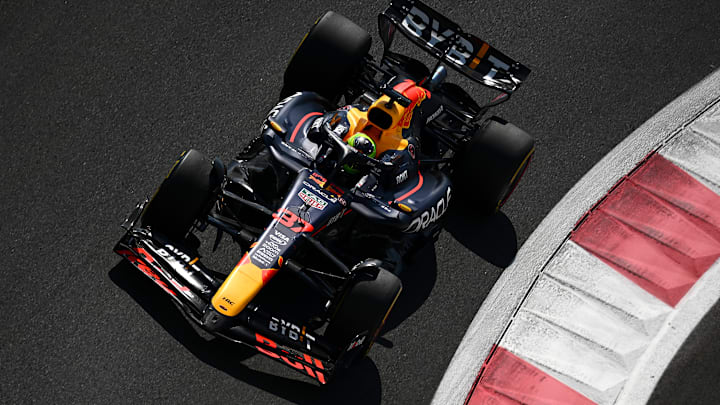One of my reading resolutions this year was to continue my trend of picking up nonfiction. However, I wanted to expand my nonfiction to more than reading about Formula 1 in some capacity. When I discovered Racing Green by Kit Chapman, it seemed like the perfect fit.
According to his Goodreads author page, Kit Chapman holds multiple science degrees, as well as works as a science journalist. So, Racing Green: How Motorsports Became Smarter, Safer, Cleaner and Faster takes an expansive look into technology and scientific progress made with input from the world of motorsports.
While the book switches topics a little too often for my liking, Chapman really delves into the core of the book. He explains the science and history behind relevant developments, and expands on its uses in motorsports and everyday life. With humor and expertise, he is able to provide relevant anecdotes, quotes, and notes to make the information more digestible and interesting. I never had a science degree, and this made me a bit disappointed I didn't pursue it, since the innovation and history of technology and science are utterly fascinating.
Racing Green Highlights
Motorsport is an interesting testing ground since it is able to take concepts and expedite the process of studying them. This works especially well since motorsports has several disciplines, access to resources, and scientific minds.
Since motorsports are a faster, more aerodynamic, or technologically specific cars, engineers are taking on challenges that face road cars: adapting cars to move to more sustainable solutions. Some areas he spends time with are electric batteries of Formula E, biofuels that will be implemented in Formula 1, AI in vehicles, and potential solutions to the scarcity of tires.
On the other hand, technology from motorsports can also be adapted and developed to suit other purposes. To study cars, engineers and scientists have created a lot of diagnostic technology to study the ins and outs, simulate the cars in various conditions, etc. These technologies can be adapted to the health sector to make health more accessible and predicative. Likewise, this also pushes the advancement for safety, as Chapman discusses with the 2020 Bahrain Grand Prix accident involving Romain Grosjean.
These were some of the topics I wanted to highlight to showcase the in-depth, scientific, and fascinating nature of Chapman's quest for knowledge.
Conclusion
Chapman creates an encompassing novel to showcase the interconnected nature of science and innovation. With curious minds throughout history, for better and for worse, people continue to innovate to solve problems, create solutions, and make advancements.
I was glad this was my first nonfiction pick of the year since I learned more about motorsport but learned much more about sustainability and science from a great resource.
